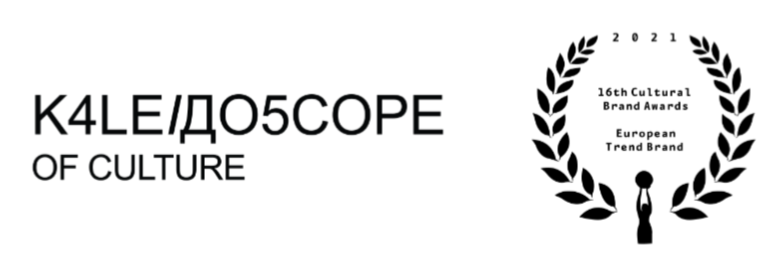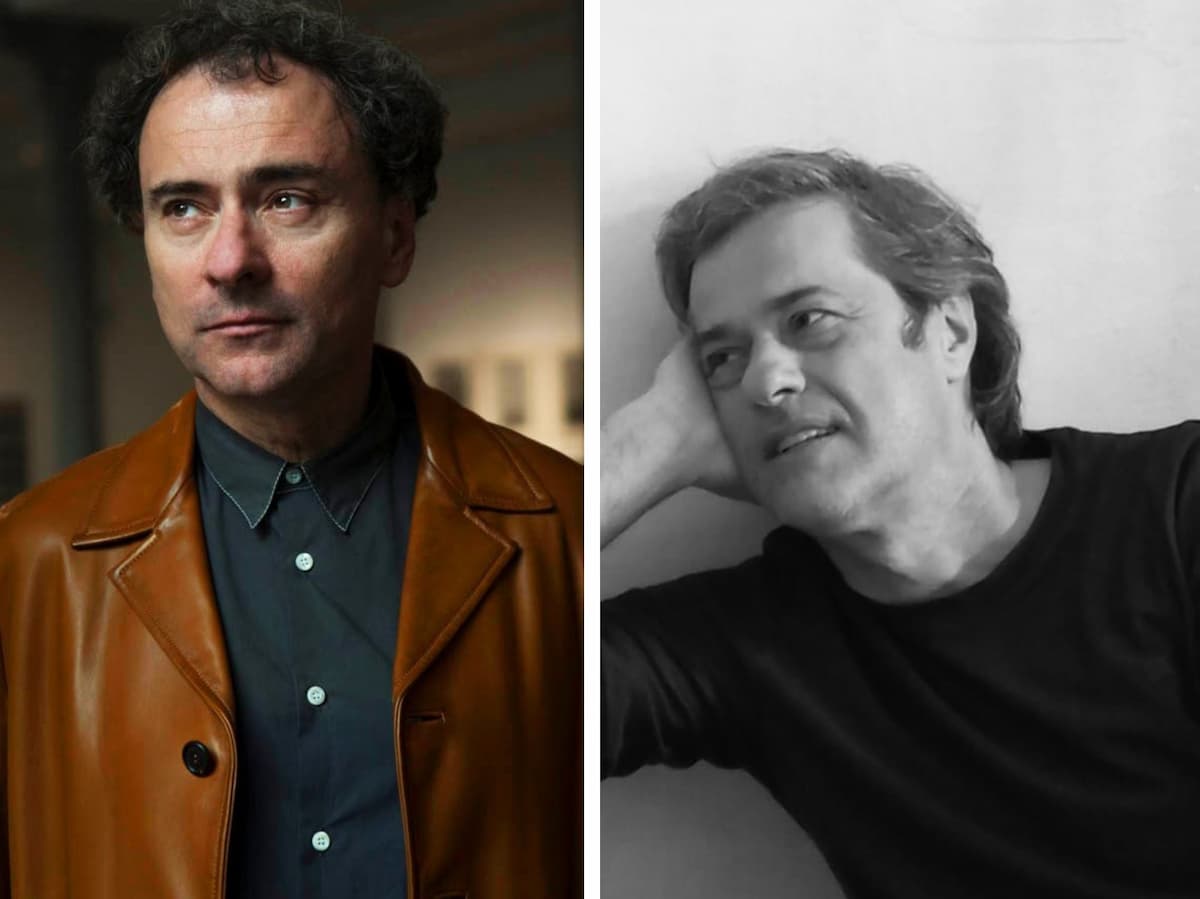Renowned regional architects Idis Turato (Croatia) and Dejan Miljković will hold lectures as part of the Architecture Week at the seventh Kaleidoscope of Culture, at Biro on 27 September at 7 p.m.
The lectures will follow a TED Talk format, one after the other, exploring two key topics: the identity of architecture today and the authenticity of its creators (architects).
Throughout history, architecture has been a mirror of power—rulers invested vast amounts of money and effort into creating impressive structures that reflected the spirit of the time. Today, in an era of international style, the question arises: where does art stand in modern architecture? Is it merely functional and aesthetically pleasing, or does it carry deeper meaning and spirituality?
We will also reflect on the challenges architects face today, pressured by investors, deadlines, and functional demands. How, despite these constraints, do they manage to remain authentic and preserve their artistic signature? Through practical examples, the lecture will explore how architects maintain their individuality in the world of contemporary architecture.
Join us and ask your questions about the identity of architecture today, how it is evolving, and what it means to be an architect who stays true to their artistic vision.
Idis Turato (born in 1965) is an architect, researcher, and full professor at the Faculty of Architecture at the University of Zagreb, as well as a visiting professor at the Faculties of Architecture in Belgrade, Split, and Ljubljana. In 1992, he co-founded Randić-Turato Architects with Saša Randić, and since 2009, he has been working independently through his own company, Turato Architecture Bureau. In 2020, he co-founded Mataija x Sipina x Turato with Martina Mataija and Dora Sipina. Turato has won numerous awards and recognitions for his work in architecture; in 2005, he won the Slovenian Piranesi Award for the design of the Fran Krsto Frankopan Elementary School in Krk. His projects have been nominated ten times for the Mies van der Rohe Award, and he has won all of Croatia’s most prestigious architecture awards: Viktor Kovačić, Drago Galić, and Vladimir Nazor. Twice, in 2006 and 2010, he represented Croatia at the Venice Architecture Biennale – at the tenth exhibition with the project ‘In Between,’ and at the twelfth, in collaboration with a group of Croatian architects, with the project ‘Pavilion.’ In 2021, he was the curator of Croatia’s national pavilion at the Venice Biennale with the project ‘Togetherness – Togetherless.’ From 2015 to 2021, he was part of the team responsible for the concept, organization, and curation of the programme that made his hometown of Rijeka the European Capital of Culture in 2020.
Dejan Miljković (born in 1967 in Belgrade) is a full professor and architect, having graduated in 1994 from the Faculty of Architecture at the University of Belgrade. Since 1997, he has worked in the Department of Architecture and Urbanism at the same faculty. His career includes designing cultural, commercial, and residential buildings, as well as the reconstruction and revitalization of heritage sites. His most notable projects include the reconstruction of the Yugoslav Drama Theatre and the Nebojša Tower. He is a recipient of the Great Lifetime Achievement Award from UAS, along with many other prestigious accolades. Among his numerous awards are four Grand Prix at the Architecture Salon, three City of Belgrade Awards, two Annual UAS Awards, the Architecture Award from the Novosti company, and the Award from the Chamber of Commerce of the City of Belgrade. His works have been featured in professional monographs and exhibited internationally, in cities such as Belgrade, Novi Sad, Venice, Seoul, Prague, Barcelona, Berlin, and Vienna.
Admission is free with registration.
Kaleidoscope of Culture, the most significant regional art gathering and the Best European Trend Brand, for the seventh time brings together global stars, Serbian art greats, rising talents, and both local and national scenes.
For more information, visit the official Kaleidoscope of Culture website.

